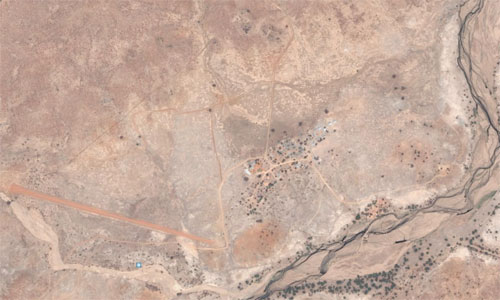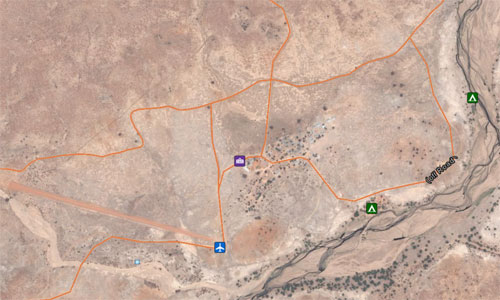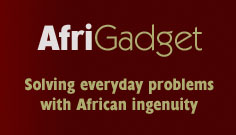What so many of us discuss about Africa is the desire to see things change. We apply the lenses that color our lives to the problem and come up with solutions that fit our world view. Challenges to that world view are hard for us to deal with, because it likely means a paradigm shift is needed in our own lives.
The Status Quo is a Failure
However, there is one constant – we all agree that change is needed. The status quo is the polar opposite of change, and in Africa can be summed up like this:
Africa has poor infrastructure, bad governance and poverty and that donating your Western money or time will help save Africa because Africa can’t save itself.
What generally happens is that Western governments and organizations continue to pour billions of dollars of money and resources into the same programs that have failed Africa for the last 30 years. This actually proves out two major fallacies with the status quo. First, that change comes by doing the same thing over and over again. Second, that Africa needs the West to change.
As Gavin Chait so eloquently stated while discussing the informal sector in Africa:
If the same proto-society received material support and charitable donations at every step of its evolution it would be like a man in a wheel-chair. Should that support suddenly be cut then the society is helpless and will fall apart. There is no amount of charity or support that can be given to a long-term supplicant that doesn’t reinforce the need for that charity or support. The more charity available, the less opportunity there is for the recipient to become self-sufficient.
If we truly want to see things change, then the prerequisite is to stop doing things that don’t work. It doesn’t mean that those in the West can’t be involved in the change, it means that we need to give up ownership of the problem and start investing in the new owners – the Africans.
The Need for Radical Ideas
Ethan Zuckerman wrote a brilliant article for the Boston Globe this week about the power of incremental development in Africa by Africans. He uses the example of Alieu Conteh’s mobile phone carrier in the Democratic Rep of Congo to demonstrate how African infrastructure and economic wealth can be grown through starting small.
…But perhaps the solution is to go in the other direction: phone companies could become incremental power companies. If base stations built significantly larger power generators — preferably using renewable energy sources as well as diesel — they could sell excess power to their surrounding communities.
That’s a radical idea, primarily because it disrupts the status quo.
If you read my blog regularly, you would likely get the impression that I think Africa’s problems will be solved by technology. Not true, but I do believe that technology will be one of the major catalysts for change in Africa. It’s not even radical actually, as we see it being played out in the mobile phone market every day on the continent.
Here are some radical ideas for change, and the people that are working them:
In Summary
The lenses that color my world are tinted by technology, the need for investment capital and the idea that Africans need to own and make the change happen themselves. Am I part of that? Sure, if I remember that I’m not there to “save Africa”, but that I’m there to make a living, and do good through my business endeavors.
Providing opportunities for others (and myself) to create wealth is what I see as the best use of my time. A real world example would be Martin Fisher of Kickstart, who creates business opportunities as a business model. It’s a great idea and it’s a money making opportunity for everyone involved.
 ChezolaPay is a new mobile payment service soon to be offered in Nigeria. The application was developed by a Canadian company, but will be rolling out in its first African country this year. In order to use it, you must have a GSM enabled phone and the money gets transferred via an SMS message. Your account is charged up via prepaid cards.
ChezolaPay is a new mobile payment service soon to be offered in Nigeria. The application was developed by a Canadian company, but will be rolling out in its first African country this year. In order to use it, you must have a GSM enabled phone and the money gets transferred via an SMS message. Your account is charged up via prepaid cards.
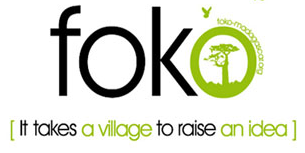

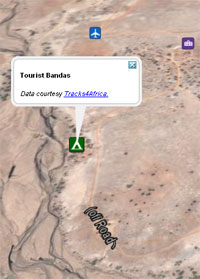 Africa is massive. Made up of 54 countries who don’t work together sharing information that frequently, and with governments who are more concerned with “other matters” than sharing the accurate mapping of their country. Companies in some of these countries do go about this themselves, and charge a high price for their product.
Africa is massive. Made up of 54 countries who don’t work together sharing information that frequently, and with governments who are more concerned with “other matters” than sharing the accurate mapping of their country. Companies in some of these countries do go about this themselves, and charge a high price for their product.